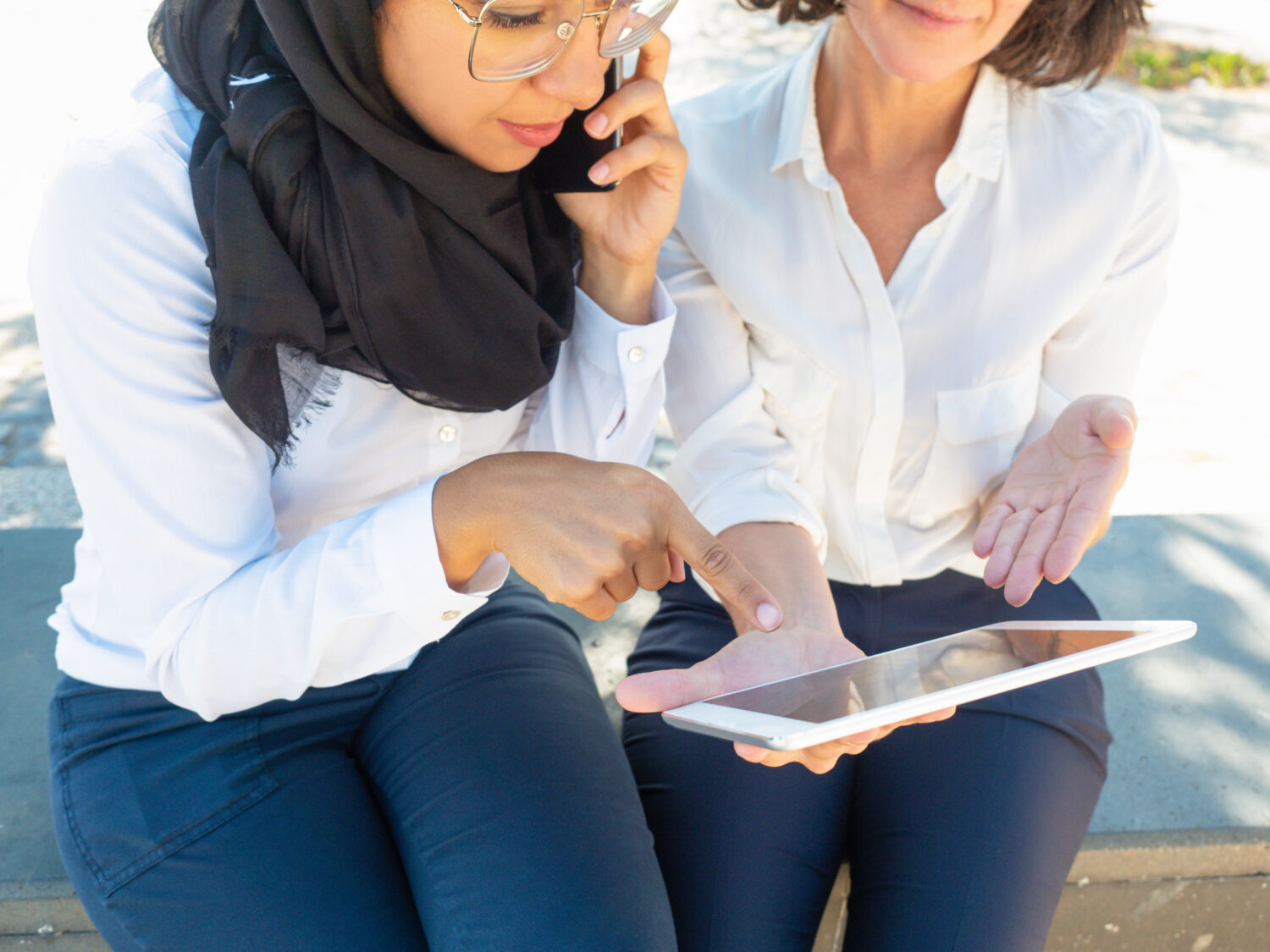Inclusive Language for Front Desk Hospitality

In the hospitality industry, words hold significant power. The language we use as an industry helps define who we invite into our hotels, however, it can also unintentionally keep others from wanting to book with us. While sometimes it can be that an advertisement simply didn’t catch the attention of a traveler, often there’s more to it than what we can tell just from looking at the visuals. What if your potential guest didn’t book because they read something in your photo’s caption, or from your website’s copy, that led them to believe they wouldn’t fit in at your hotel?
Why You Should Use Inclusive Language

Utilizing inclusive language will help all your guests feel safe when they’re visiting your property. You’ll also be able to avoid and reduce misunderstandings that may take place, which in turn reduces any frustration a guest may feel. With inclusive language, your hotel can become a safe haven for guests where they can visit and feel like they can be themselves.
Beyond the hospitable aspect of it, it’s important to understand that language is always evolving. As a hotelier, this should mean more than simply keeping up with trends. The method through which individuals express themselves changes as they find and use more words to do so accurately. In the hospitality industry, we should be taking cues from guests and consumers of all ages to inform us of new manners of speaking.
How to Shift to Using Inclusive Language

Breaking down the fundamentals of inclusive language can help hoteliers better understand how what they (and their staff members) say affects their audience. The first step toward becoming a more inclusive speaker is to try removing gendered language from marketing materials and speech on the property. While English does not have a singular, gender-neutral pronoun grammatically, the rise in use of the pronoun “they” or “their” has resulted in widespread acceptance.
Putting this concept into practice, think for example about the way you might talk about amenities at the property. Instead of saying something like: “Our breakfast is prepared fresh in the morning so each guest can start his or her day off right,” you can rephrase it to be something gender-neutral: “Our breakfast is prepared fresh in the morning so each guest can start their day off right.” Atlas Corps shared a resource that further explains gendered language and simple tips for how we can shift the way we speak to others.
The case of using “sir” or “ma’am” is a bit trickier to tackle. It would be in your best interest to avoid using it to be more inclusive, however, there is not a gender-neutral term to use in its place. Instead, it’s recommended that you use “excuse me” or “pardon me.” If a guest specifically asks to be referred to as “sir” or “ma’am,” you can simply thank them for clarifying how they’d like to be addressed, then be sure to use that throughout the remainder of your conversation.
Subtle Changes Make a Big Impact

Another critical thing to keep in mind when trying to use inclusive language is that it doesn’t perpetuate any stereotypes or “norms” that you might be used to hearing. This sort of goes hand-in-hand with gendered language. Generally speaking, it’s about avoiding phrases that explicitly or implicitly imply things like men being stronger than women, or women only being able to perform “simple” tasks (for example: “It’s so easy your mother could do it.”) The 18F Content Guide is an excellent resource to consult for further phrases to try and avoid.
One final important piece of the inclusive puzzle is making sure your messaging never makes assumptions about your guests. In the hospitality industry, you are in the business of belonging. While it’s important to understand what your ideal consumer looks like, you want that pool to be as wide as possible. The language you and your staff use should avoid assumptions about a guest’s family situation or travel and lifestyle. For example, avoid asking a lost child where their parents are, as they might not have parents. The more inclusive way to ask is: “Where are your guardians?” Or, more simply: “Is there an adult/grown-up around with you?”
In most cases, the changes you’ll be making to your conversational language will be subtle. However, they make a huge impact in helping guests feel immeasurably more comfortable. It may take some time to train yourself and your staff into using more inclusive phrases. Once your team is acclimated to the change, you’ll find it becomes even easier to incorporate inclusive language into your everyday life.
Taking the initiative may seem daunting at first. However, it’s a transformation worth investing in so travelers and your future guests can feel more at ease when they walk through your front doors.





0 Comments